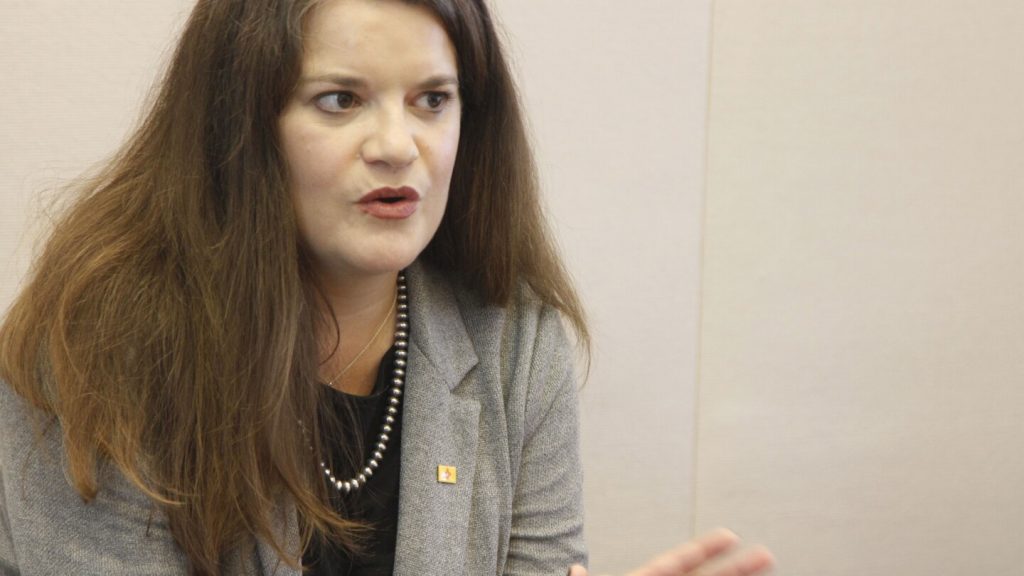A federal judge in New Mexico has ruled in favor of a Republican-backed group, the Voter Reference Foundation, in their quest to gain access to voter registration rolls. The ruling prohibits the state from withholding voter data from the group, allowing them to expand their database of registered voters. This decision is significant as it supports the foundation’s efforts to create a free database that can be used by various groups and individuals to identify potential irregularities or fraud in the election process. State prosecutors have announced plans to appeal the ruling, citing concerns about voter privacy and the possibility of voter disenfranchisement.
The Voter Reference Foundation’s website, VoteRef.com, recently added New Mexico listings to its database, which includes information such as street addresses, party affiliations, and voter participation in recent elections. However, there have been concerns raised by election officials and privacy advocates about the security risks associated with sharing state voter rolls with outside groups. Critics fear that malicious actors could misuse this information and that voters may feel intimidated or have their registrations canceled to avoid public disclosure of personal details.
U.S. District Court Judge James Browning, based in Albuquerque, found that state election regulators had engaged in viewpoint-based discrimination and violated free speech rights by denying the Voter Reference Foundation access to voter data. This ruling is a continuation of Browning’s previous decision, in which he determined that New Mexico authorities had violated public disclosure provisions of the National Voter Registration Act. The foundation’s database currently covers information from over 32 states and the District of Columbia, and is managed by Gina Swoboda, the chair of the Arizona Republican Party.
The VoteRef.com database does not disclose individual voting preferences and maintains confidentiality measures to protect sensitive information, such as shielding victims of domestic violence or stalking. Certain individuals, including elected officials from both the Democratic and Republican parties in New Mexico, have had their addresses kept confidential under a safety program implemented after a series of drive-by shootings targeting local lawmakers’ homes in late 2022 and early 2023. These measures aim to protect individuals from potential harm or intimidation stemming from the public disclosure of their personal information.
Despite the concerns raised by state authorities and privacy advocates, the ruling in favor of the Voter Reference Foundation signifies a victory for free speech and transparency in the electoral process. By allowing groups like the foundation to access voter registration data and create searchable databases, individuals and organizations can better monitor the integrity of elections and address any potential issues of fraud or irregularities. The ongoing legal battle between the foundation and New Mexico authorities highlights the complex balance between protecting voter privacy and ensuring accountability in the democratic process.
As the case moves forward with an impending appeal, the implications of this ruling extend beyond New Mexico and could set a precedent for similar challenges in other states. The debate over access to voter registration rolls and the implications for voter privacy and security will continue to shape discussions around electoral transparency and accountability. Ultimately, the decision to uphold the Voter Reference Foundation’s right to access voter data underscores the importance of balancing transparency with privacy protections in the ongoing effort to uphold the integrity of the electoral system.


